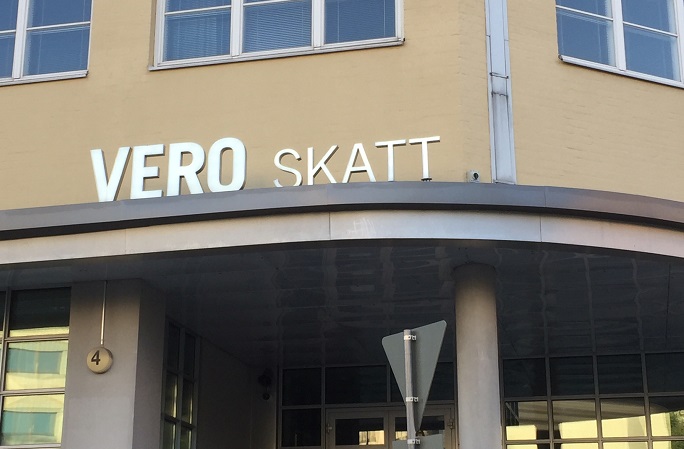€40m revenue lost yearly
2,000 companies in Finland linked to organised crime
Published : 10 Dec 2024, 21:25
There are about 2,000 companies in Finland whose managers are either directly linked to or influenced by organised crime, said Finnish Tax Office in a press release on Tuesday.
The people in charge of these companies are recognised members or former members of these crime groups.
Almost 1,900 people in charge of companies in Finland have links to organised crime and 95% of them are Finnish citizens.
The data comes from a recent report by the Grey Economy Information Unit (HTSY).
For the first time, HTSY investigated the link between organised crime and business in cooperation with the National Bureau of Investigation (NBI).
Businesses influenced by criminal groups create a tax deficit and may, for example, launder criminally obtained funds through business activities. The links between business and organised crime have now been explored for the first time.
Criminal groups may use legitimate business activities to launder money from criminal activities or to commit various types of fraud and financial crimes. An organised group may cause more damage to society than, for example, an individual financial criminal.
“Organised crime has a strong foothold in the Finnish economy. Companies linked to organised crime are also involved in the grey economy and are not meeting their obligations to the authorities. That is why it is important to take the phenomenon and the fight against it seriously,” said Janne Marttinen, Director of the Grey Economy Information Unit.
The study also looked at enterprises linked to organised crime in sectors classified by the Government as critical to the functioning of society.
In total, there are around 130 risky businesses in critical sectors, for example in security and cleaning services.
A typical company linked to organised crime is a small construction, real estate or car dealership business in Uusimaa, which is still young. However, companies linked to organised crime can be found in almost all sectors.
The tax compliance of companies linked to organised crime was substantially worse than that of reference enterprises. One third of these companies have tax debts.
Companies linked to organised crime were also more likely than reference enterprises to be involved in the grey economy.
Tax audits of such companies revealed some EUR 11 million in unpaid taxes. Tax audits found, for example, undeclared wages and hidden dividends, where non-taxable benefits are taken from the company, for example by adding private expenses to the accounts.
In the report, HTSY estimates that Finland loses EUR 40 million a year in tax revenue due to business linked to organised crime. This estimate covers only limited companies.
“The tax deficit is significant, given the number of businesses. In addition to the economic damage caused to society by crime infiltrating business, it also causes a lot of other damage. Honest businesses are put at an unfair competitive disadvantage when they try to compete, for example, with criminal groups using undeclared labour,” said Marttinen.
Compared to Sweden, organised crime does play a smaller role in the Finnish world of business. In Sweden, organised crime is estimated to cost business EUR 9 billion per year.
The strategy against organised crime and action plan to combat the grey economy and financial crime will be finalised by the end of the year.


